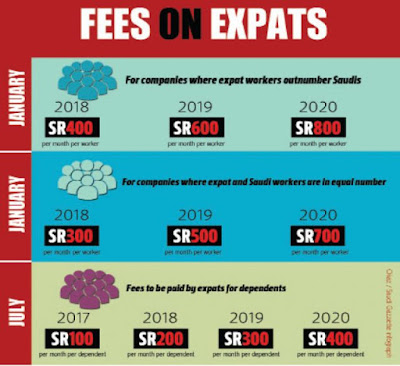Overwhelming response to the Syria fundraising drive in Saudi Arabia
A popular fundraising campaign, ordered by Custodian of the Two Holy Mosques King Salman to alleviate the suffering of Syrians displaced by war, started on Tuesday all over the Kingdom. It was covered live on Saudi television channel 1.
King Salman allocated SR100 million to the campaign. Reports showed that there has been overwhelming response from all parts of the Kingdom to the fundraising campaign.
The King donated SR20 million of his own money to the campaign, Crown Prince Muhammad Bin Naif donated SR10 million, and Deputy Crown Prince Muhammad Bin Salman contributed SR8 million.
The King ordered on Monday the launch of the fundraising campaign for Syrians displaced by a five-year civil war, including those evacuated from Aleppo, the Saudi Press Agency reported.
Taking part in the telethon, Grand Mufti Sheikh Abdul Aziz Al-Asheikh donated SR100,000. He urged citizens and expatriates to donate whatever they can to help the people of Syria who are in distress.
Sheikh Saleh Al-Fouzan, and Sheikh Abdullah Al-Mutlaq, both members of the Council of Senior Scholars, are among the prominent scholars who urged the public to take part actively in the campaign with rushing assistance to the Syrians.
The General Secretariat of the Council of Senior Scholars called for generous contributions. The Council said in a statement on Tuesday that Syrian brethren, who have been displaced by oppressive powers, are in desperate need of help and support.
At the outset of the campaign on television, Dr. Abdullah Al-Rabeeah, adviser at the Royal Court and general supervisor of the King Salman Humanitarian Aid and Relief Center, highlighted the significance of making the campaign a resounding success.
The campaign announced that donations can be made via SMS from Saudi Arabia through all the telecom companies. SR10, SR20, or SR30 can be donated through a message of 1, 2, and 3 respectively to the uniform number of 5565.
Alternatively, money can be sent through bank transfer to the National Commercial Bank (Al-Ahli Bank) using the account number SA2310000020188888000100. Both citizens and expatriates from all parts of the Kingdom are urged to take part in the campaign with their generous donations.
King Salman has instructed the King Salman Humanitarian Aid and Relief Center to coordinate with the concerned agencies in the provision of relief supplies, including food, medicine, and shelter, provide treatment for those injured, and setting up of tents with distribution of all assistance to cope with the biting cold in the winter season on an urgent basis.
The Center urged to send donations to its two special accounts for the purpose: SA5655000000099088000757 at Saudi Fransi Bank and SA9510000022185556000107 at the National Commercial Bank. More details can be had from contacting the toll free number 920008554.
In response to the directive of King Salman, emirs and governors of various regions have appealed to the people to contribute generously to make the campaign a great success. Tabuk Emir Prince Fahd Bin Sultan has donated SR1 million to the campaign.
More than 11 million Syrians — around half of the population — have been displaced by the fighting, which began in 2011 and has killed more than 300,000 people.
In a related development, Germany lauded the humanitarian campaign announced by King Salman to support the people of Syria, especially those in Aleppo.
German Development Minister Gerd Muller announced on Tuesday 15 million euros in emergency aid to the people affected by war in Aleppo. “The humanitarian gesture of King Salman served as a balm and solace to the people of Syria with a message to them that they are not alone,” he said.
Meanwhile, a caravan of Jordanian pilgrims with special needs left Amman for Makkah to perform Umrah pilgrimage at the expense of King Salman.
The Handicapped Child Care Charity Association in Irbid, Jordan and the Medical Educational Center are organizing the caravan under the supervision of the Saudi embassy in Amman.
Source: http://saudigazette.com.sa/saudi-arabia/overwhelming-response-to-the-syria-fundraising-drive/


















